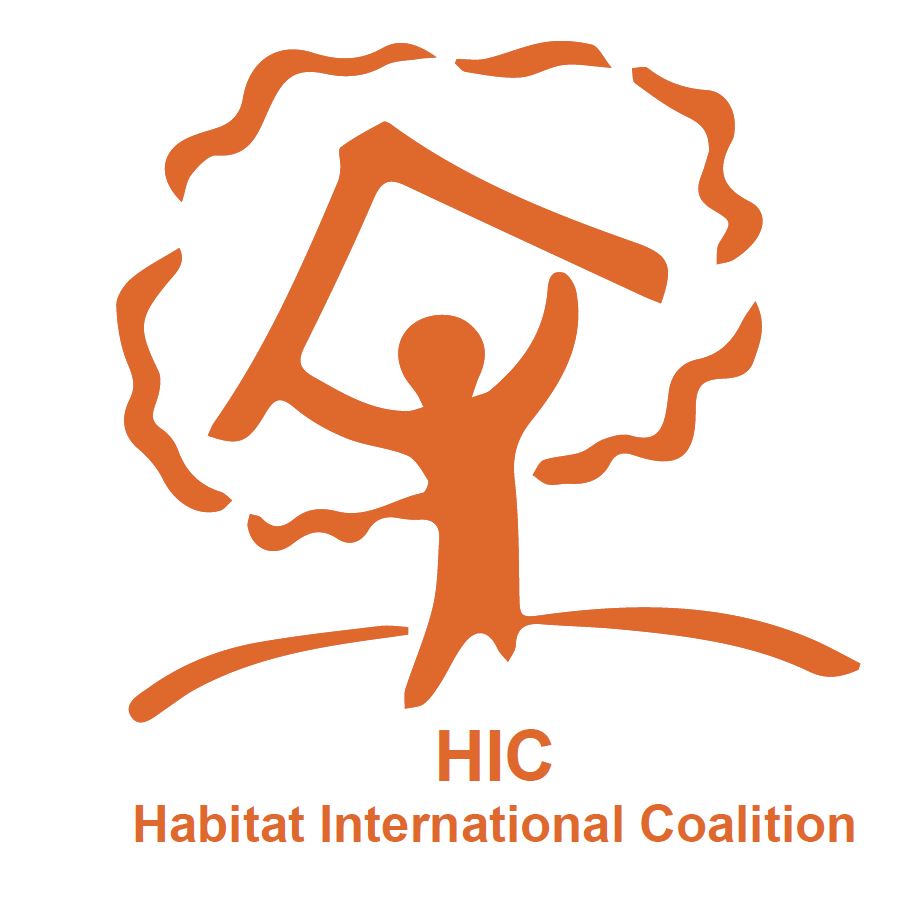
Ladies and Gentlemen, thank you for the
opportunity to speak.
We very much welcome that housing is a
prominent topic on the agenda of the European Habitat conference, but in the
draft for the Prague declaration we are missing a clear reference to the human
right to adequate housing. And we do not mean a symbolic reference but commitments
to concrete policies and appropriate funding. Rights based action requires the
empowerment of people, social regulation of private markets, and social alternatives
to market.
Habitat International Coalition was founded
at Habitat I in Vancouver 1976 and works in the defence, promotion and
realization of human rights related to housing and land in both rural and urban
areas, to ensure the right of
everyone to a secure place in which to live in peace and dignity. From
that background, we do not demand a “New Urban Agenda” but a renewed Habitat
Agenda, based on a review of the Habitat II Agenda, which was approved in
Istanbul in 1996. Some of the positive aspects of the Habitat II Agenda were a
clear reference to housing rights and its components, also the reference to the
right to access to related services like water, sanitation, transport, health, and
education. The Habitat II Agenda promised to meet these social needs by
enabling markets. We must say that nowadays this concept has totally failed. Instead
of enabling markets to meet social needs, the policies of the past 20 years have
enabled markets to transform social goods into financial assets.
Many social housing stocks and entities,
public infrastructure and services were privatized. Existing housing laws,
taxations and limitations of property and capital transactions have been
deregulated. Social housing provisions were heavily reduced as part of
austerity measures. In some of the countries in the UNECE region, public
housing policies have totally disappeared.
The consequences of these pro-market policies
have been disastrous for the housing conditions of the poorer parts of the
population. People in many cities have suffered from soaring rents and housing
prizes. We experienced more gentrification and social segregation,
condo-conversion and evictions. We saw new ways of global speculation with
mortgages and the crash of this system resulting in the ongoing financial and
economic crisis. Our cities and municipalities today are missing the capacities
to provide the needed housing, for the existing population as well as for the
immigrants. The actors who are able and willing to build the needed affordable
houses are missing. At the same time the commoditization and financialization
of housing and cities goes on.
In order to overcome the housing crisis as
well as to contribute to a real solution, we need a real shift in the policies.
Let me put it into three principles:
1. Non-private markets must be enabled; people
and communities must be enabled and empowered
2. New forms of social regulation of land and
housing, of property and mortgages are needed, including for example rent
control and better security of tenancy and tenure, better protection of
mortgage debtors and taxation of transactions.
3. Municipalities and public housing actors
must be strengthened and enabled to meet the housing needs. We need more new
alternatives to markets like revolving social housing funds, non-for-profit
housing and community land trusts.
Only with such a principal shift in the basic
orientation of policies we can overcome the housing crisis and at the same time
contribute to more economical stability and sustainability.
Thank you.